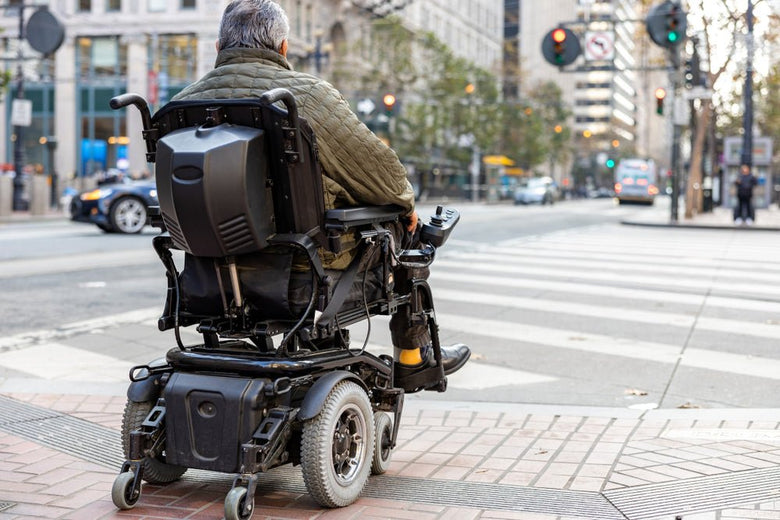As individuals age, it is not uncommon to notice a shift in their behavior patterns. Many people often wonder, why do the elderly become self-centered? This question sparks widespread curiosity and concern, particularly for those who care for and interact with elder family members and friends. Understanding this behavioral change is not only beneficial for enhancing relationships but also for improving the overall well-being of the elderly.
The transition of aging brings about a variety of challenges, both physically and emotionally. Consequently, it’s essential to explore the reasons behind this observed self-centric behavior.

The Nature of Aging and Personal Reflection
Aging is an inevitable part of life that can bring profound transformations. As individuals grow older, they tend to reflect more on their past. This often leads to introspection and a focus on personal needs and desires over the needs of others. The process of aging can bring a sense of urgency in fulfilling one’s own aspirations, which might be misconstrued as self-centeredness.
Physical and Health-Related Constraints
The aging process can introduce a multitude of physical changes that can impact one’s behavior significantly. Health issues, pain, and discomfort can limit the ability and desire to engage with the outside world. When daily life becomes challenging, it is natural for older individuals to focus more on their own well-being.
For instance, managing health conditions such as twisted bowel in the elderly can become a central focus of theirs. Similarly, dealing with other ailments can lead to increased dependency on others and a perception of self-centeredness.
The Emotional Landscape of Aging
Emotions play a significant role in how seniors interact with the world. With age, the emotional needs of individuals often evolve, craving for more security and validation. These changes are crucial in understanding why some older adults show signs of becoming more self-focused.
Desire for Independence and Control
Many elderly individuals have spent decades living independent lives, making decisions autonomously. The realization that aging might threaten this autonomy can result in behavior that seems to prioritize their own needs. They may become more assertive about their choices and preferences as a way to maintain a sense of control.
Impact of Cognitive Changes
Cognitive health is another essential factor that can influence behavior in older adults. Conditions such as memory regression can sometimes lead to confusion about social norms and expectations.
Understanding the cognitive shifts can aid in grasping why the elderly may appear more self-centered. Its important to note that these changes are often unintentional and can be alleviated with proper support and empathy.
Role of Social Isolation
Social isolation is a prevalent issue among the elderly, sometimes leading to increased self-centered behavior. When older adults experience loneliness, they might focus more inwardly. This behavior often stems from a longing for connection and meaningful interaction.
Efforts to combat isolation, such as engaging seniors in social activities or facilitating family visits, can help mitigate these feelings. Providing resources like tips on caring for elderly parents can also provide valuable strategies for enhancing their quality of life.
Cultural Influences on Aging
Cultural norms and expectations play a significant role in how behaviors are perceived and judged. In some cultures, it is common and acceptable for the elderly to express their needs more vocally, which can be viewed as self-centeredness in different cultural contexts.
Generational Differences in Values
The elderly grew up in different times where their value systems and social paradigms were distinct from those of younger generations. Understanding these differences helps contextualize their behavior in today’s rapidly evolving societal norms.
How to Support Elderly Individuals
To support older adults, it is essential to approach their behavior with patience and understanding. Empathy allows for a more profound connection, promoting well-being for both the individual and their loved ones.
Encouraging Open Communication
Fostering an open communication channel where elderly individuals can express their concerns and needs helps in creating a supportive environment. This enables addressing particular areas where they feel more focused on themselves.
Conclusion
Understanding why do the elderly become self-centered opens up opportunities for improved relationships and well-being. Addressing underlying causes, such as physical limitations, emotional needs, and social dynamics, can promote a balanced approach in caring for seniors.

FAQs
Why might the elderly become more focused on themselves?
The aging process brings about physical and emotional shifts requiring more self-care and personal reflection, which can seem self-centered.
What are some ways to help improve social connections for the elderly?
Engaging them in community activities, encouraging family visits, and utilizing external resources like live-in care are highly beneficial.
How does cognitive decline affect behavior in seniors?
Cognitive decline, such as memory loss, can lead to confusion about social norms, increasing self-focus inadvertently.
This article contains affiliate links. We may earn a commission at no extra cost to you.

